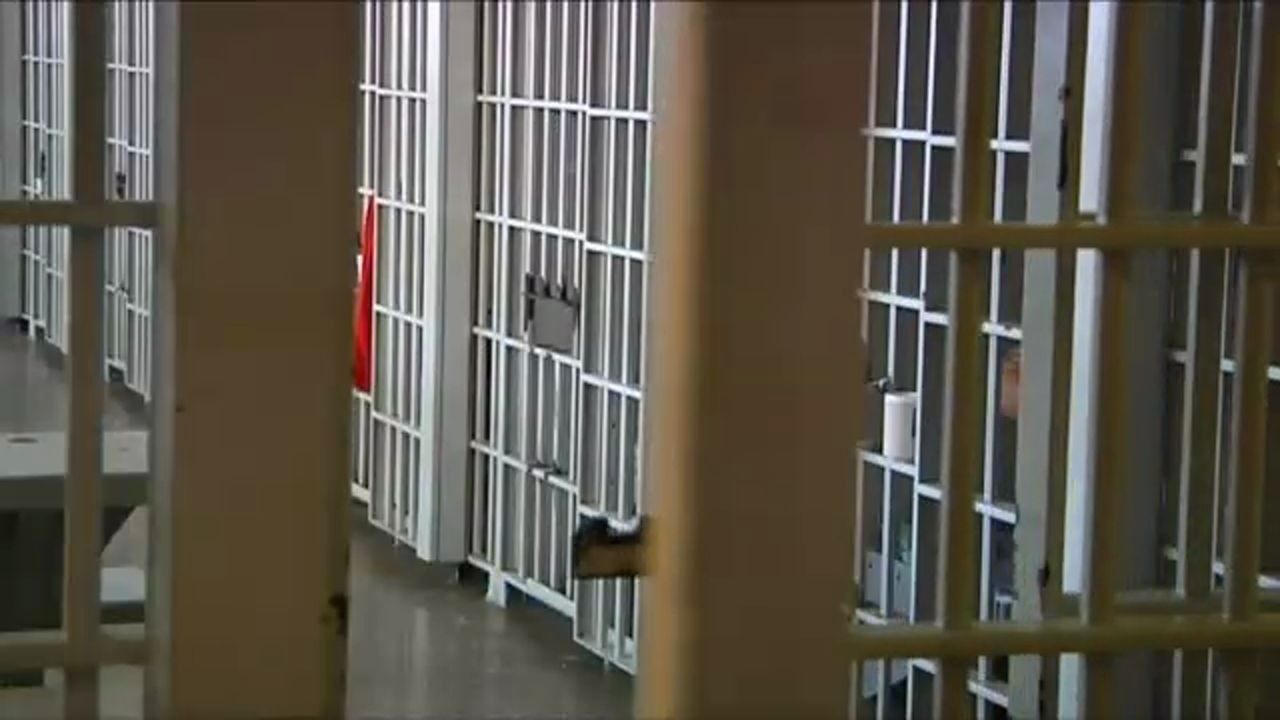CHARLOTTE, N.C. (AP) — A North Carolina judge has ordered public officials to turn over detailed information and what steps they are taking to prevent coronavirus outbreaks in state prisons.
The ruling was issued late last week by Superior Court Judge Vinston Rozier. It comes in connection with a lawsuit filed by the state conference of the NAACP and other advocacy groups as prison officials grapple with two major outbreaks of the virus.
At Neuse Correctional Institution in Goldsboro, more than 460 inmates have tested positive and two have died. At the North Carolina Correctional Institution for Women in Raleigh, 90 inmates have been diagnosed with the virus.
The judge’s order gives the state prisons until Friday to provide information about whether each prison provides face masks for inmates equivalent to those provided to prison staff, unrestricted access to soap and hand sanitizer, and bunks arranged to allow for six feet (2 meters) or more between inmates.
In interviews with The Charlotte Observer over the past month, more than a dozen inmates have said that their prisons have fallen short on such measures.
At Caledonia Correctional Institution, an Eastern North Carolina prison where 17 cases have been reported, several inmates have said they sleep on bunks about three feet (1 meter) apart from one another.
State prison officials say they have tried to prevent the spread of the virus by suspending visitation and the work-release program. They’ve also sharply limited the transfers of inmates from prison to prison, and from county jails.
State officials say they’ve begun early release of some inmates convicted of non-violent crimes who are considered to be at high risk for virus complications.
For most people, the coronavirus causes mild or moderate symptoms. But for others, especially older adults and people with existing health problems, it can cause pneumonia or even death.
More than 620 inmates have tested positive, but more than a third of the state’s 53 prisons have yet to test a single inmate.
The advocacy groups contend that the state’s plans will not provide adequate social distancing to keep inmates safe.
“The rampant outbreaks we’re seeing in state prisons are an imminent threat to people inside and outside of these facilities – with communities of color disproportionately at risk,” said Kristi Graunke, legal director for the ACLU of North Carolina.





